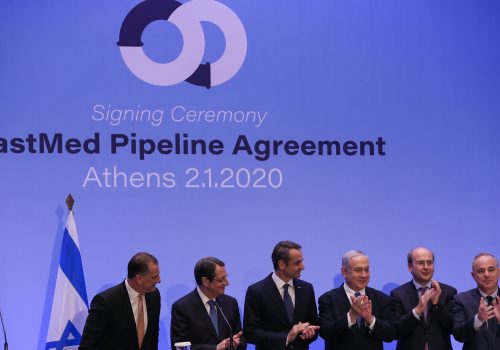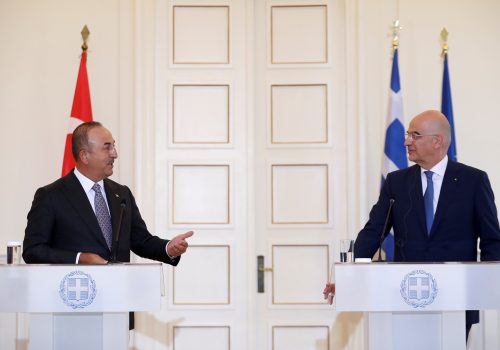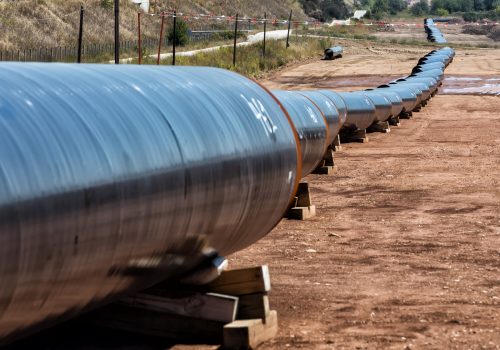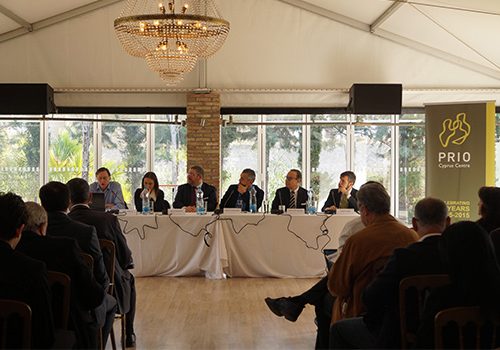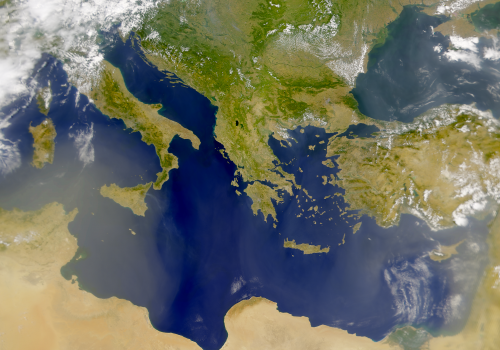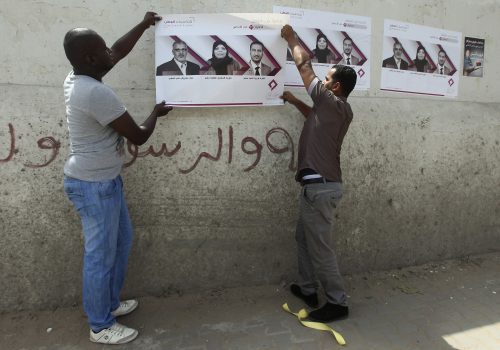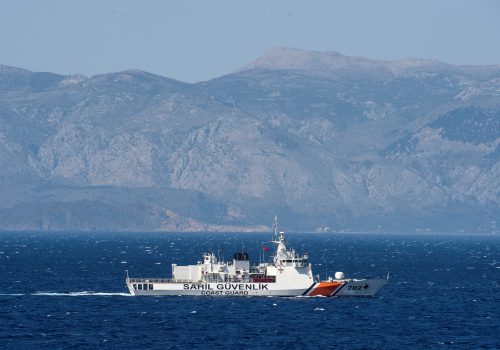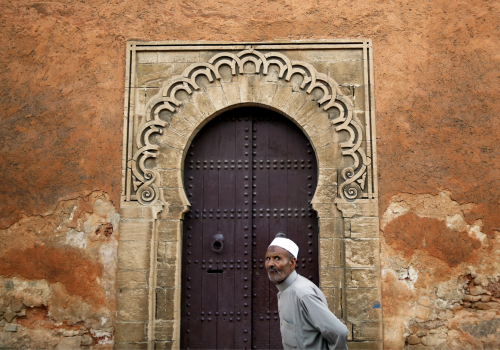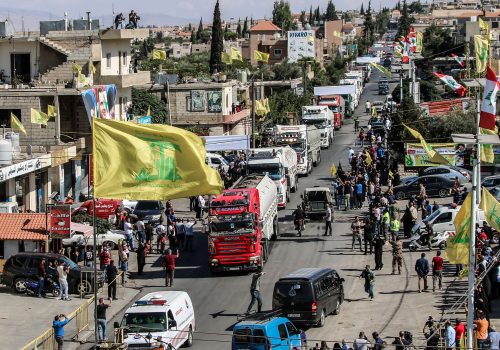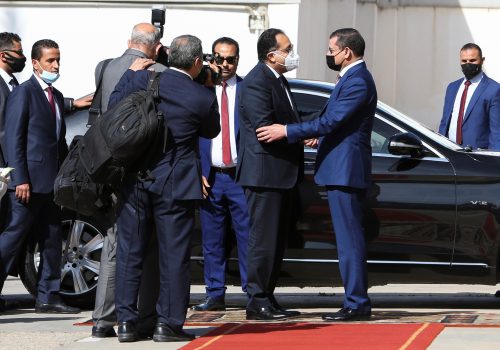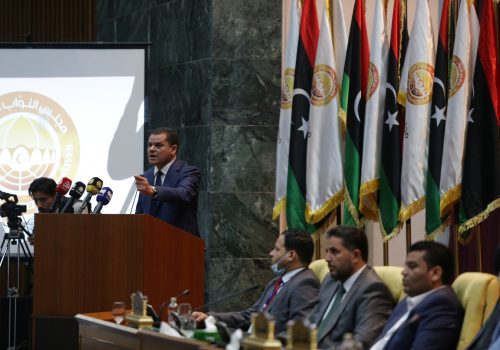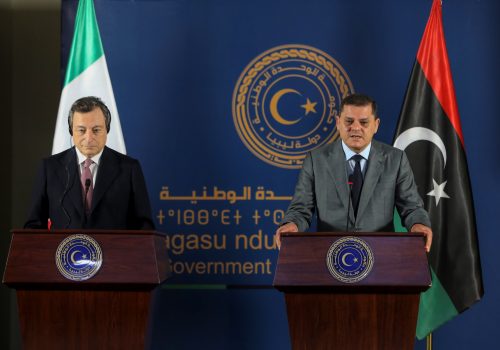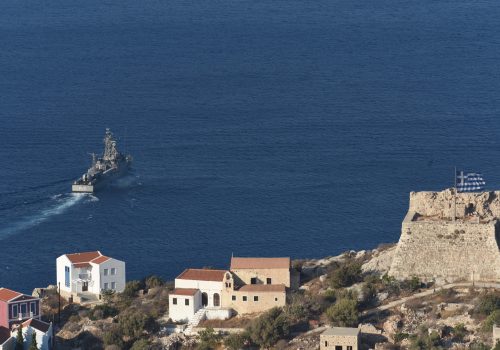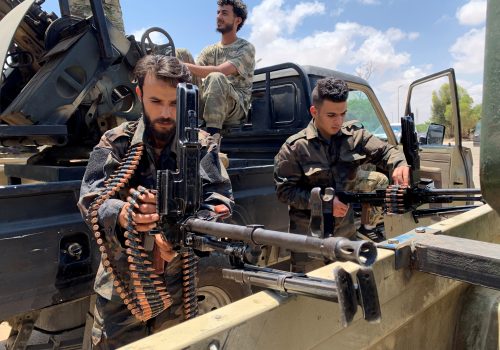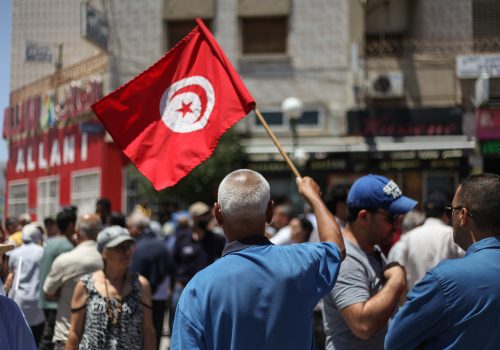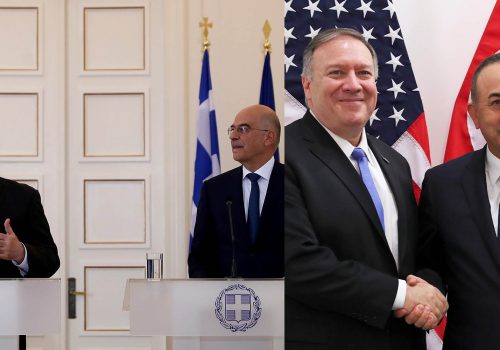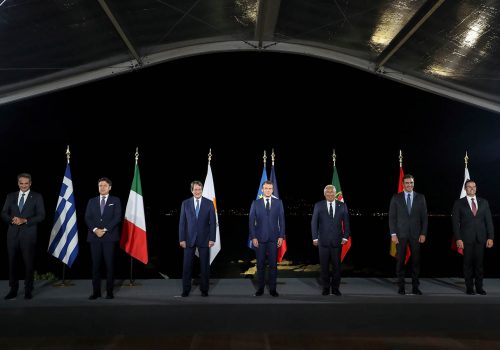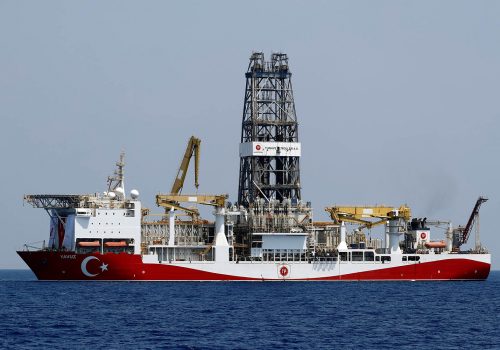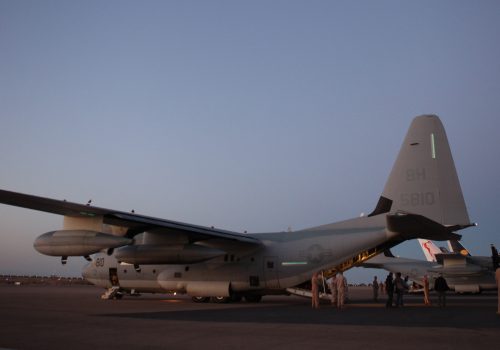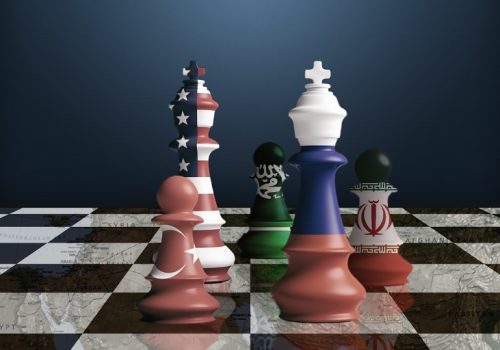
A broad range of viewpoints
The programming and published products of the Atlantic Council provide a platform for a broad range of viewpoints on how to create regional stability and integration, as well as boost economic development in the Eastern Mediterranean region. Multiple Atlantic Council programs, including the Atlantic Council in Turkey, the Global Energy Center, the Scowcroft Middle East Security Initiative, and the Europe Center are engaged in navigating theses complex tensions and challenges.
READ THE LATEST REPORT
Commentary & Analysis
How can the Eastern Mediterannean create regional stability?
Working with a wide community of experts and thought-leaders, the Atlantic Council delivers cutting-edge analysis and policy recommendations.
events
In-depth research & reports
How can the Eastern Mediterannean create regional stability?
Working with a wide community of experts and thought-leaders, the Atlantic Council delivers cutting-edge analysis and policy recommendations.
all content
learn about the centers

The Atlantic Council Turkey Program aims to promote and strengthen transatlantic engagement with the region by providing a high-level forum and pursuing programming to address the most important issues on energy, economics, security, and defense.

The Global Energy Center develops and promotes pragmatic and nonpartisan policy solutions designed to advance global energy security, enhance economic opportunity, and accelerate pathways to net-zero emissions.
